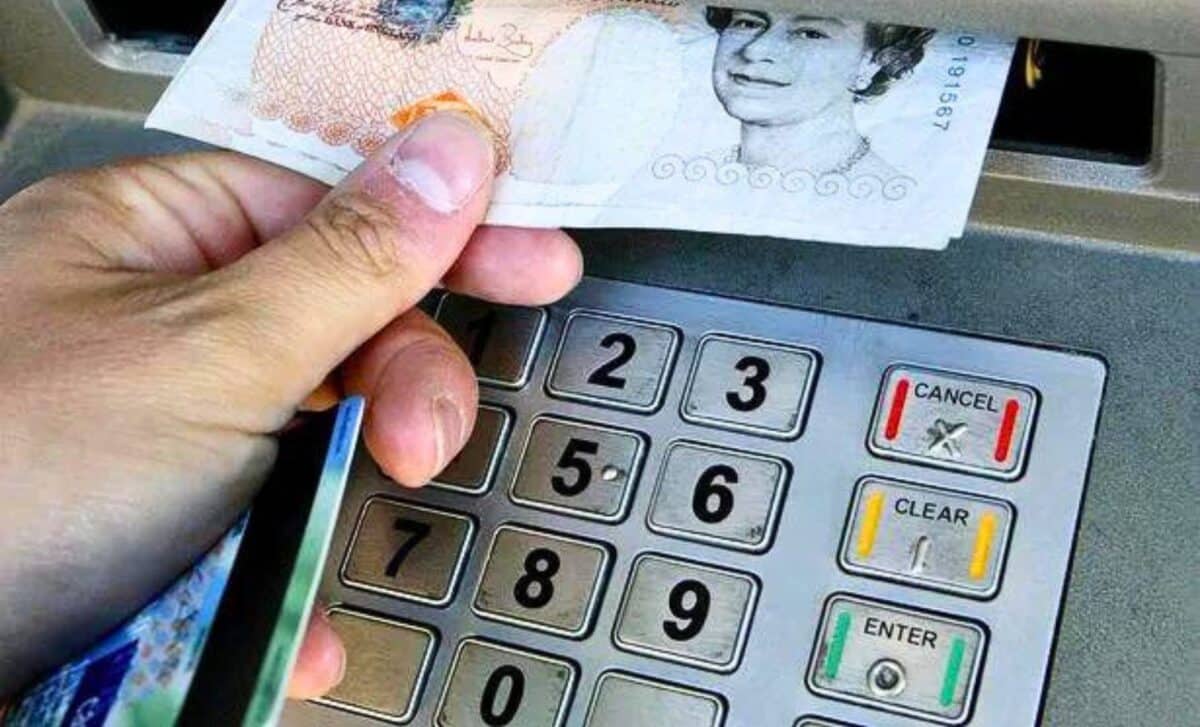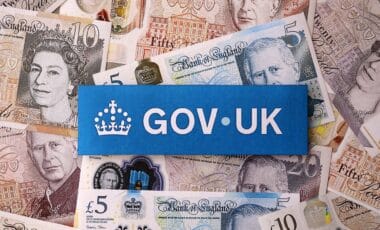The Department for Work and Pensions (DWP) has revealed specific financial thresholds that could trigger a fraud investigation as part of its intensified efforts to crack down on benefit fraud and administrative errors. With welfare fraud costing taxpayers an estimated £10 billion annually, the government is implementing stricter rules to prevent claimants from wrongly accessing state benefits. As part of the Public Authorities (Fraud, Error, and Recovery) Bill, financial institutions are now required to monitor claimants’ bank accounts for savings that exceed the limit for means-tested benefits. The government has set a target to recover £1.5 billion over the next five years, as part of the wider effort to curb this financial drain.
New Bank Account Thresholds for Benefit Claimants
The new regulations specifically affect claimants of benefits such as Universal Credit, Income Support, Housing Benefit, and Income-based Jobseeker’s Allowance (JSA). The DWP’s new guidelines require claimants to disclose their savings if they exceed the predetermined threshold. Currently, for those receiving income-related benefits, the savings cap is £16,000, meaning anyone with savings above this amount will lose eligibility for benefits.
For claimants with savings between £6,000 and £16,000, the DWP treats these funds as if they generate income. In practice, this means that any savings in this range will reduce a person’s benefit payment, with the DWP deducting £1 for every £250 of savings over £6,000. For example, if a claimant has £6,300 in their account, the government will disregard the first £6,000 and treat the remaining £300 as income, resulting in a £2 per week deduction from their benefits. These deductions can add up over time, reducing the financial support for claimants who are already struggling to meet basic needs.
This change applies to a variety of benefits, including Universal Credit and Income-based JSA, which are typically paid bi-weekly. While this policy aims to help ensure that only those with genuine financial need receive benefits, it also raises concerns for individuals with modest savings who may now face reductions in their support payments.
How the DWP Plans to Enforce the New Rules
As part of the Public Authorities Bill, the government has introduced a system that will force financial institutions—such as banks, credit unions, and other providers—to closely monitor the accounts of benefit claimants. These institutions will be required to flag any accounts that exceed the limits set by the DWP and report the information to the relevant authorities. This move ensures that the government can better track claimants’ financial situations and take action if someone is found to be fraudulently accessing state benefits.
The measure has raised concerns about the privacy of claimants’ financial data, as well as the administrative burden placed on banks and other financial institutions. However, the government argues that this monitoring is necessary to prevent fraudulent claims and ensure that welfare resources are used properly. By tracking capital and savings more closely, the DWP aims to cut down on the £35 billion paid out during the COVID-19 pandemic due to fraud and error.
Impact on Claimants and Concerns Over ‘Deprivation of Capital’
While the DWP’s aim to reduce fraud is understandable, the new rules could have serious consequences for low-income claimants. The policy also specifically targets those who try to manipulate the system by transferring funds or spending money to stay under the thresholds—a practice known as deprivation of capital. The DWP has warned that if claimants spend money or gift it to others in order to qualify for benefits, the government may treat the claim as though the money still exists. In these cases, individuals could lose their eligibility for benefits, even if they have spent or given away the funds.
This provision has been met with criticism, as it may disproportionately affect claimants who are not intentionally attempting to defraud the system but are struggling to make ends meet. If claimants spend money on essential goods or services, they could still be accused of attempting to deprive themselves of capital in order to stay within the benefit limits. This could lead to unnecessary scrutiny and confusion for those who are already vulnerable and relying on state support.
The Bigger Picture: Government Efforts to Reclaim £8.6 Billion
The DWP’s crackdown on benefit fraud and errors is part of a broader government effort to reclaim £8.6 billion in overpayments made to individuals who were not entitled to welfare support. According to the government, the £1.5 billion expected to be recovered through the new rules will be a significant part of this total. The Public Authorities (Fraud, Error and Recovery) Bill is designed to streamline the recovery process, ensuring that the government can more effectively address the rising levels of fraud and misuse within the welfare system.
However, the Labour Party has argued that this effort may hurt vulnerable claimants rather than focusing on addressing the root causes of fraud. The opposition claims that instead of focusing on those who are fraudulently accessing benefits, the government should prioritize improving the social safety net for people who are genuinely in need of support.
What Claimants Should Do
For those receiving benefits, it is crucial to understand the new savings thresholds and ensure that they are within the limits. Claimants should also be aware that spending or gifting money in an attempt to stay within the capital limits could result in their claim being denied. If you’re a claimant with savings approaching the £16,000 threshold, it’s important to review your account balances regularly and make adjustments if needed to avoid deductions from your benefits.
Claimants should also stay informed about the specific rules for their type of benefit and seek guidance from the DWP if they have questions about their savings, account balances, or eligibility. While the government’s fraud crackdown aims to ensure that only those who truly need assistance receive it, these changes could lead to confusion and additional challenges for low-income individuals who rely on government support.









